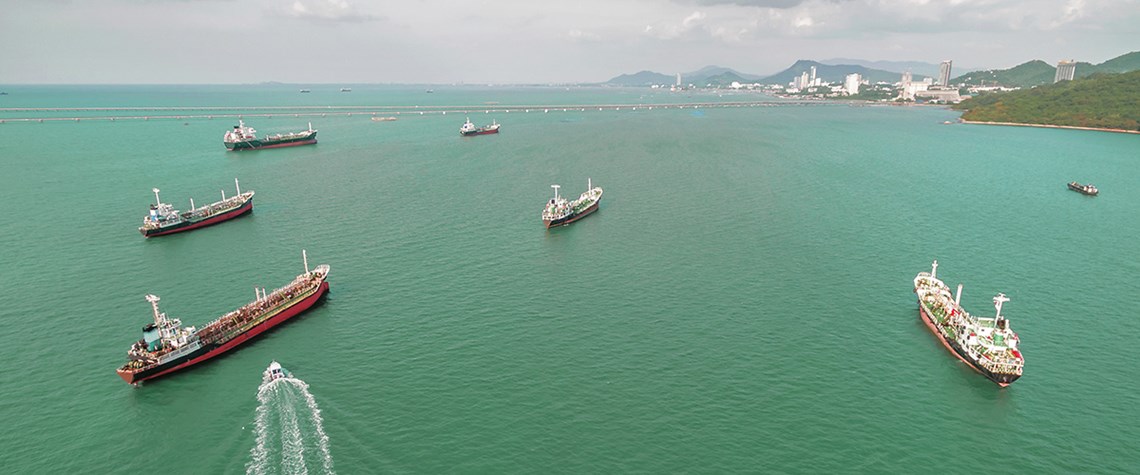Sea change for shipping sector
New rules are imminent and will have a big impact on the global fuel oil sector
Only two years remain before world shipping must conform to the International Maritime Organization's (IMO) Marpol "Annex VI" regulation to reduce sulphur content in marine fuels. Market participants agree that this is a major and potentially disruptive change, but say fuel suppliers and shippers seem to be approaching the deadline with equanimity. "Fundamentally, people are not prepared, in the sense that they're not doing anything differently" ahead of the deadline, says Andrew Laven, regional manager for Middle East and Africa at the Bomin Group, a bunkering company with operations worldwide. He points out that many in the industry believe evaluations that there will be enough 0.5% sulphu

Also in this section
25 July 2025
There is a bifurcation in the global oil market as China’s stockpiling contrasts with reduced inventories elsewhere
24 July 2025
The reaction to proposed sanctions on Russian oil buyers has been muted, suggesting trader fatigue with Trump’s frequent bold and erratic threats
24 July 2025
Trump energy policies and changing consumer trends to upend oil supply and demand
24 July 2025
Despite significant crude projections over the next five years, Latin America’s largest economy could be forced to start importing unless action is taken








